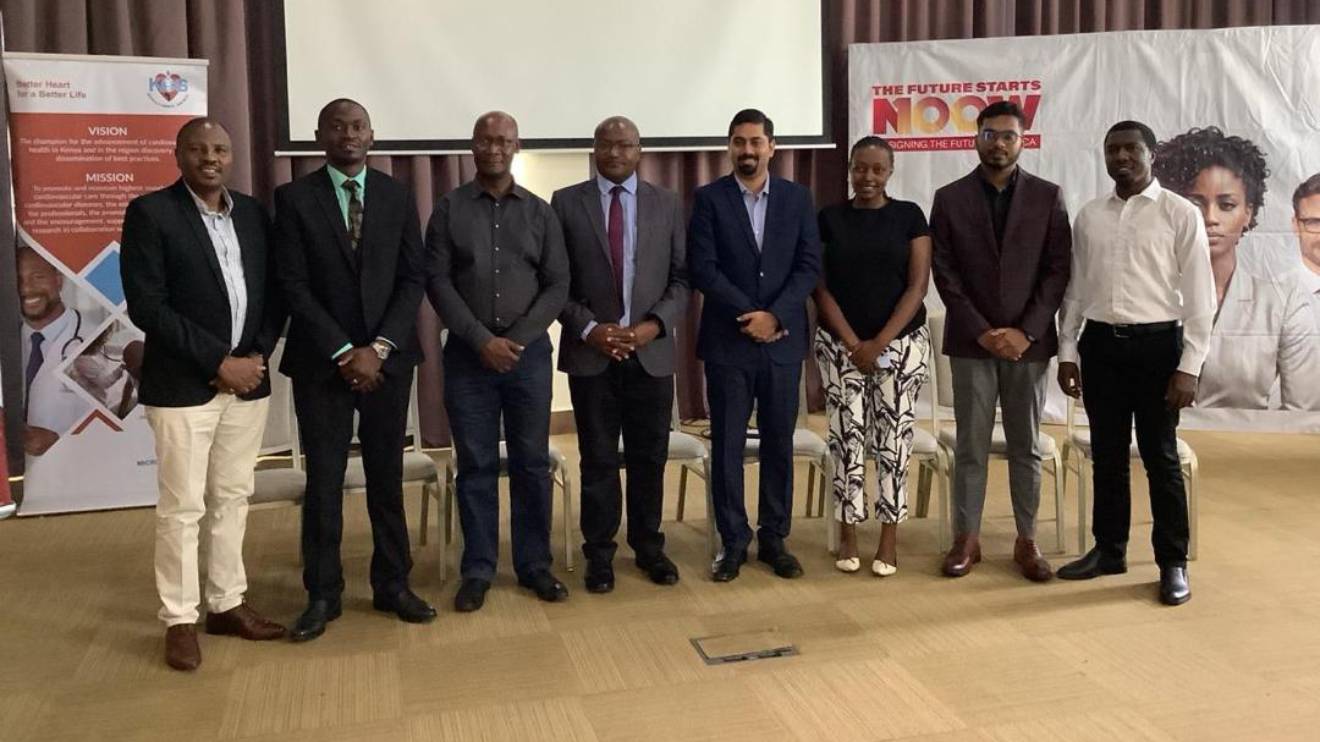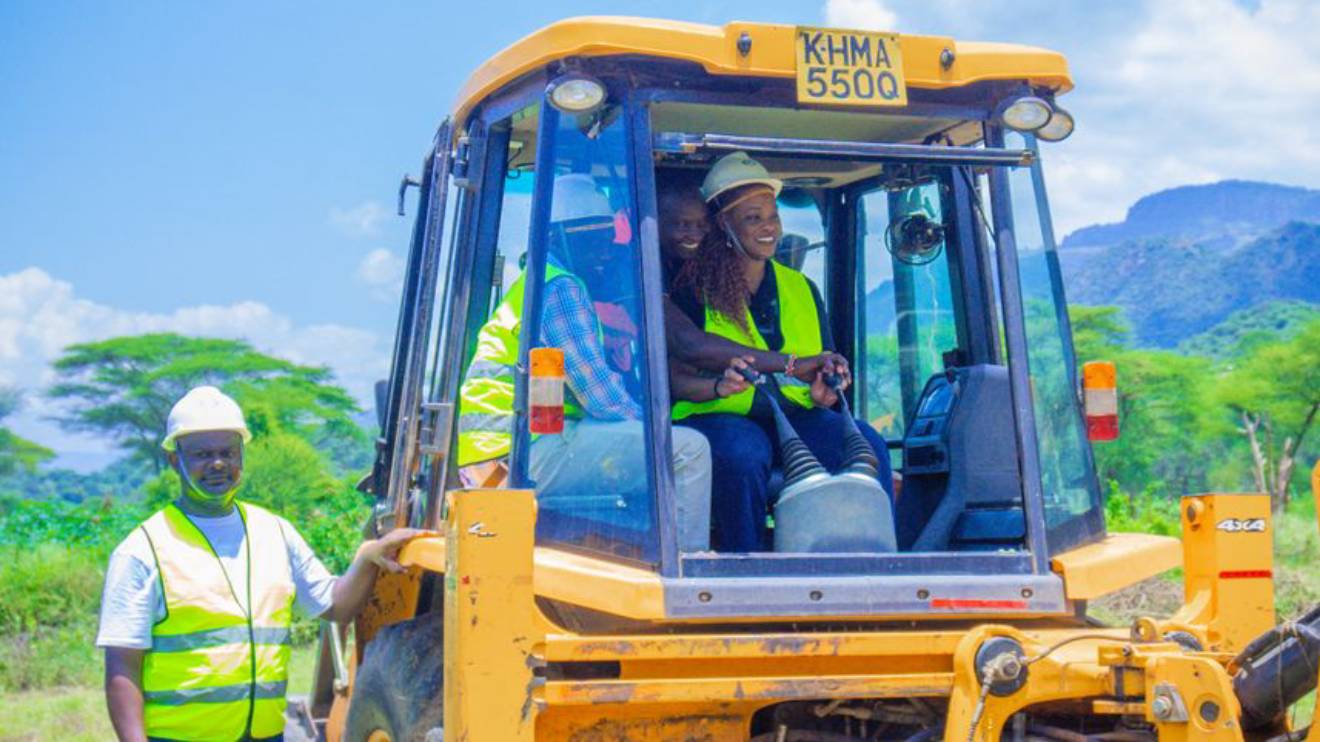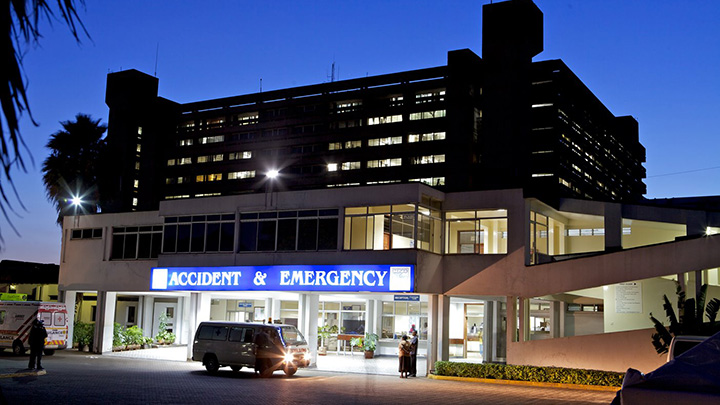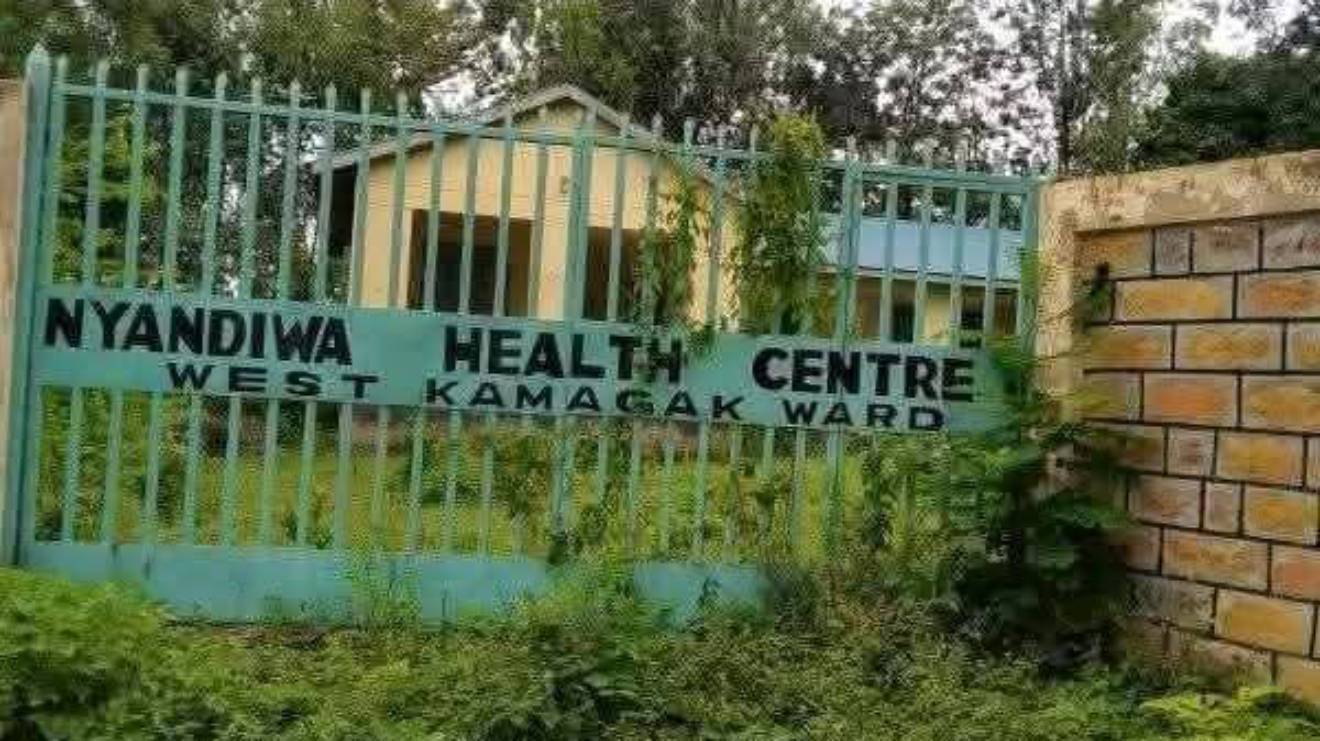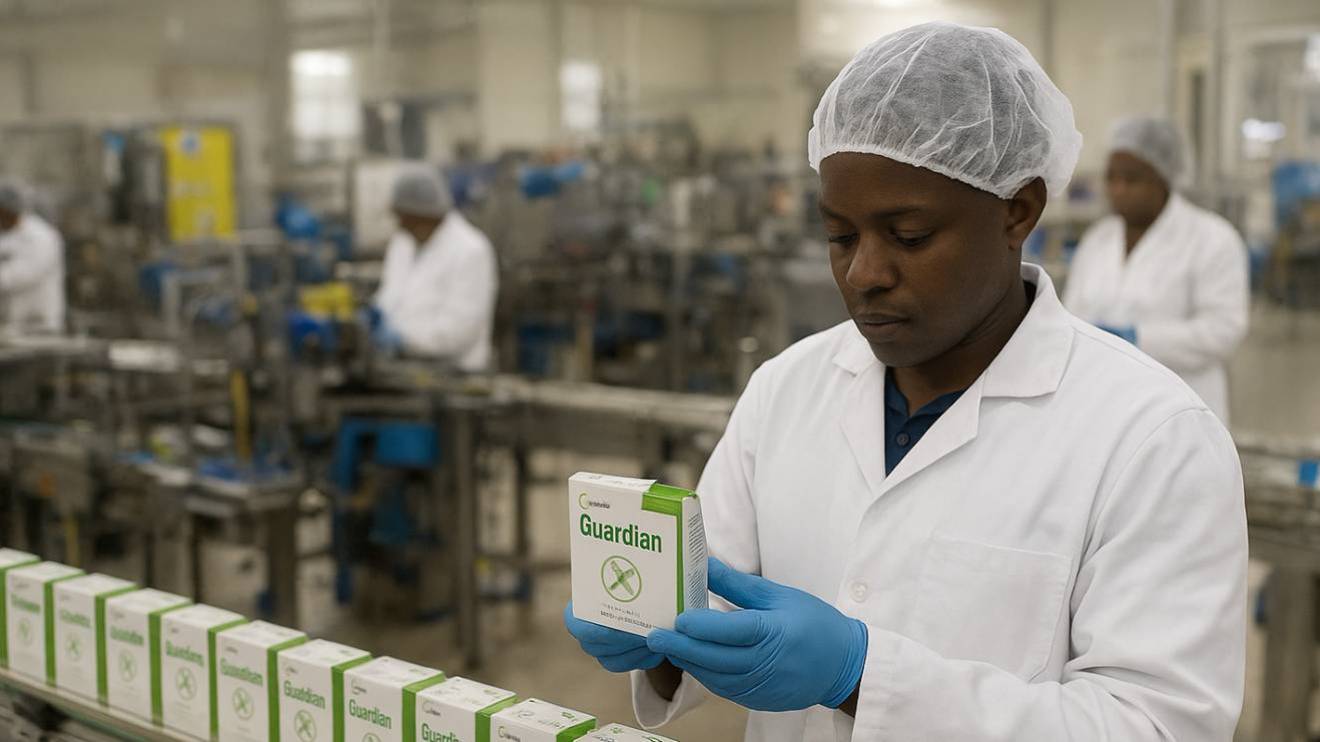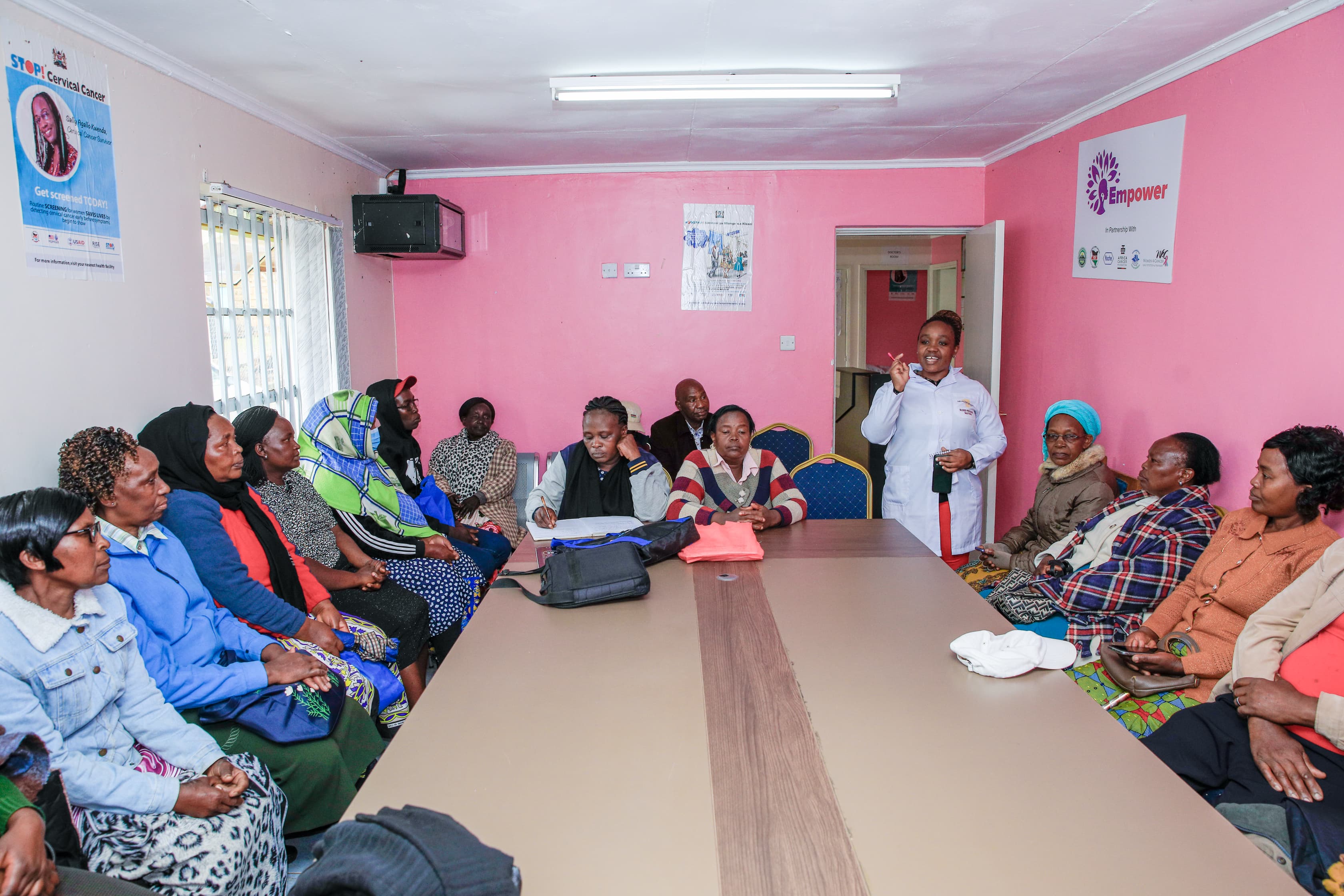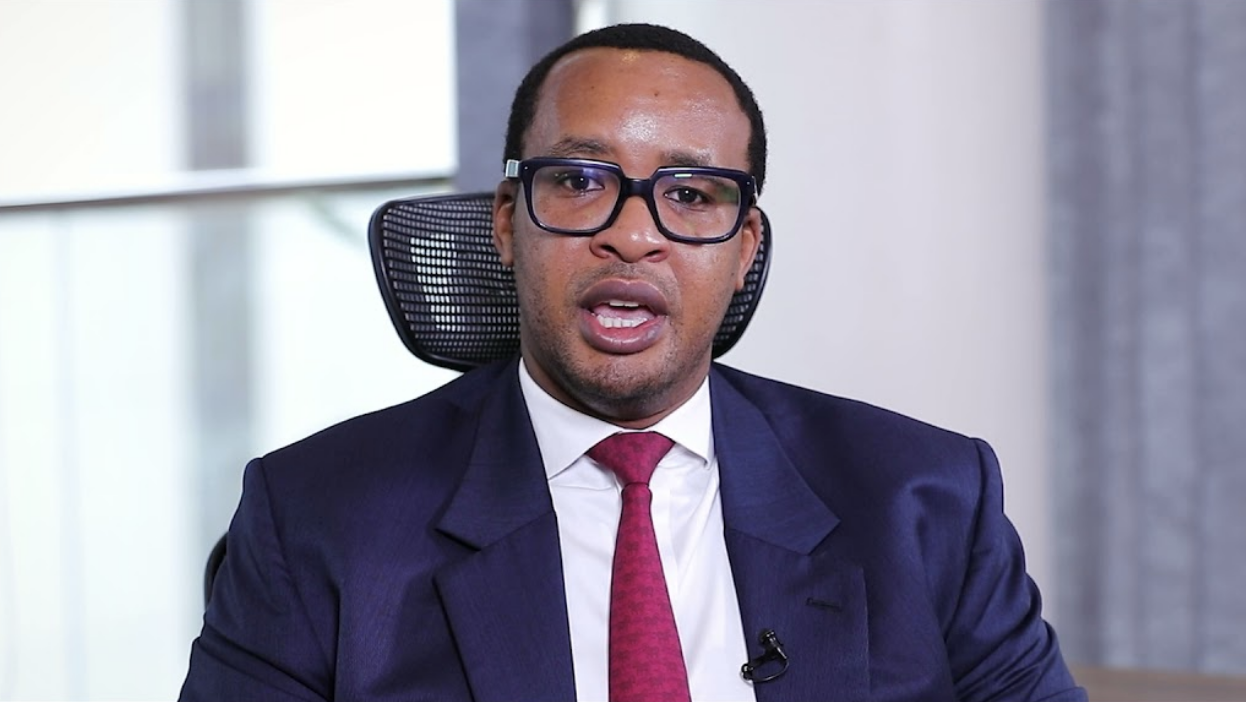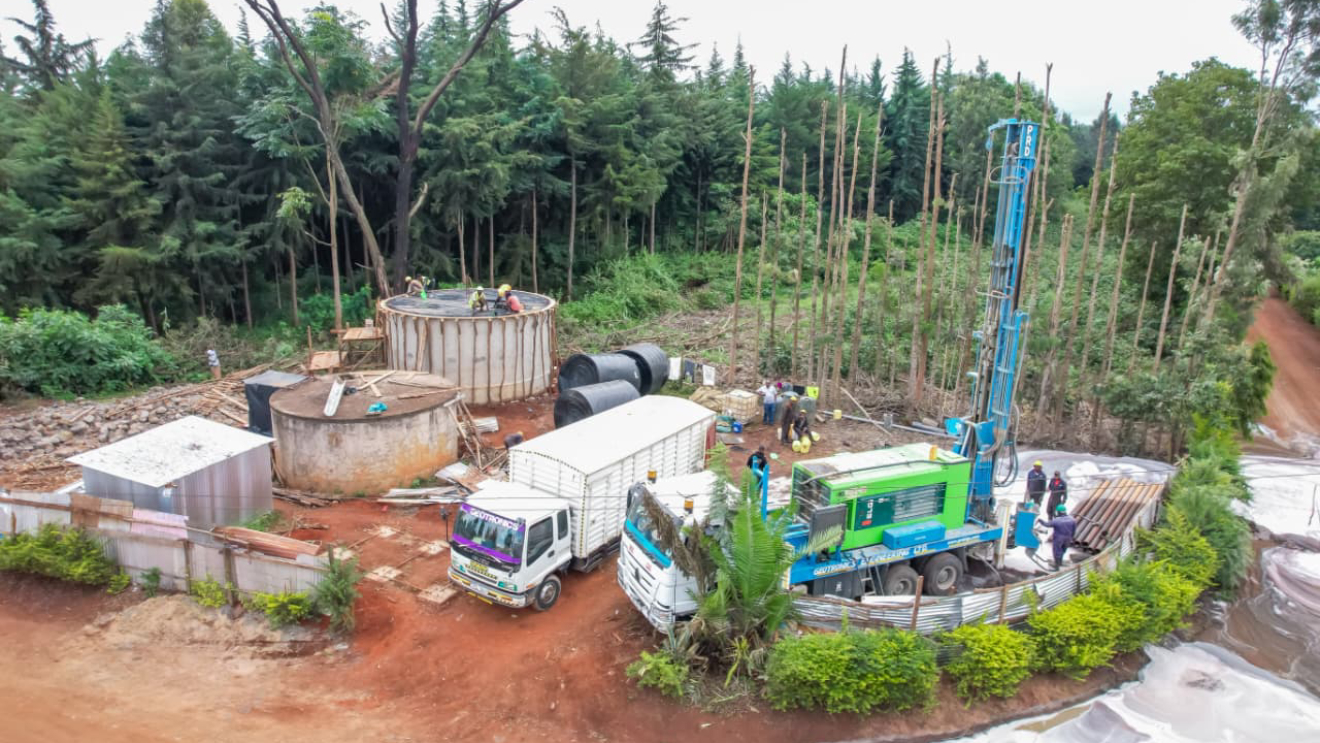AstraZeneca, a global leader in the pharmaceutical industry, has embarked on a pioneering partnership with Tricog Health and the Kenya Cardiac Society (KCS) to revolutionise heart failure screening in Kenya using artificial intelligence.
The collaboration centres on a study launched in May 2024, aimed at assessing the effectiveness of an AI-based Left Ventricular Ejection Fraction (LVEF) model to detect heart failure through electrocardiograms (ECG), an affordable and accessible diagnostic tool.
The study, taking place across seven centres in Kenya, seeks to enrol 10,000 participants, leveraging Tricog’s AI ECG algorithm to analyse patient data and identify those at risk.
This innovative approach offers a timely and cost-effective solution to a problem that affects over 64.3 million people worldwide, including a substantial portion in Kenya, where heart failure often goes undetected due to the high cost and limited availability of traditional diagnostic tools like echocardiograms.
In Africa, the challenge is particularly acute, as the INTERnational Congestive Heart Failure Study (INTER-CHF) reports a mortality rate of 34 per cent, the highest across its 16-country survey.
Read More
"Africa faces complex healthcare challenges, but AI has the potential to transform patient outcomes through cost-effective and adaptable solutions," said Carlo Budree, Director of Commercial IT, Digital & Innovation, Middle East Africa at AstraZeneca.
He further added, "AstraZeneca is working to provide such solutions through the A.Catalyst Network (A.CN) Africa Hub, a health innovation initiative that aims to improve patient experiences and outcomes across the continent."
The company’s collaboration with Tricog Health has already demonstrated significant progress, with Budree noting that their InstaECG AI tools can reduce detection times to just three minutes, a critical improvement for early diagnosis.
Initial results from the study have revealed startling insights. From the first five study sites, a 15.5 per cent prevalence of heart failure was identified, a figure much higher than anticipated.
Furthermore, 70 per cent of patients were found to have underlying cardiovascular conditions, and 10 per cent of those cases were deemed critical, requiring urgent medical attention.
Dr. Bernard Samia, President of KCS and Principal Investigator, highlighted the gravity of these findings, stating, "The early results from this study are a stark reminder of the hidden burden of heart failure in our communities. By harnessing the power of AI and ECG technology, we are not only detecting heart failure earlier but also empowering healthcare providers with a scalable and cost-effective tool to improve patient care."
Tricog’s advanced AI technology is at the heart of this transformative initiative.
"Tricog's AI ECG algorithm represents a significant advancement in cardiovascular diagnostics," remarked Prateek Golecha, Vice President of Digital & CMD at Tricog.
He stressed the algorithm's ability to quickly and accurately detect individuals at risk of heart failure, even in the absence of symptoms, marking a major step forward in accessible healthcare, especially in resource-limited settings like Kenya.
Jonathan Calder, Digital and Innovations Lead – MEA at AstraZeneca, described the collaboration as a model for addressing healthcare challenges through technological innovation.
"The collaboration between AstraZeneca, Tricog Health, and KCS exemplifies our shared commitment to advancing healthcare through innovation and collaboration," Calder stated.
This effort is a key part of AstraZeneca’s strategic vision for the African continent, a commitment underscored by Deepak Arora, Country President for the African Cluster at AstraZeneca.
"Our mission is to aid our patients in the management of their conditions by closing the gaps in the patient journey from awareness to screening, diagnosis, and continuous management," he stated, emphasising the company's focus on delivering lasting healthcare solutions.
With the promise of AI-driven diagnostics, this partnership offers hope for improved healthcare outcomes in Kenya and beyond, potentially changing the future of heart failure detection and treatment across Africa.

